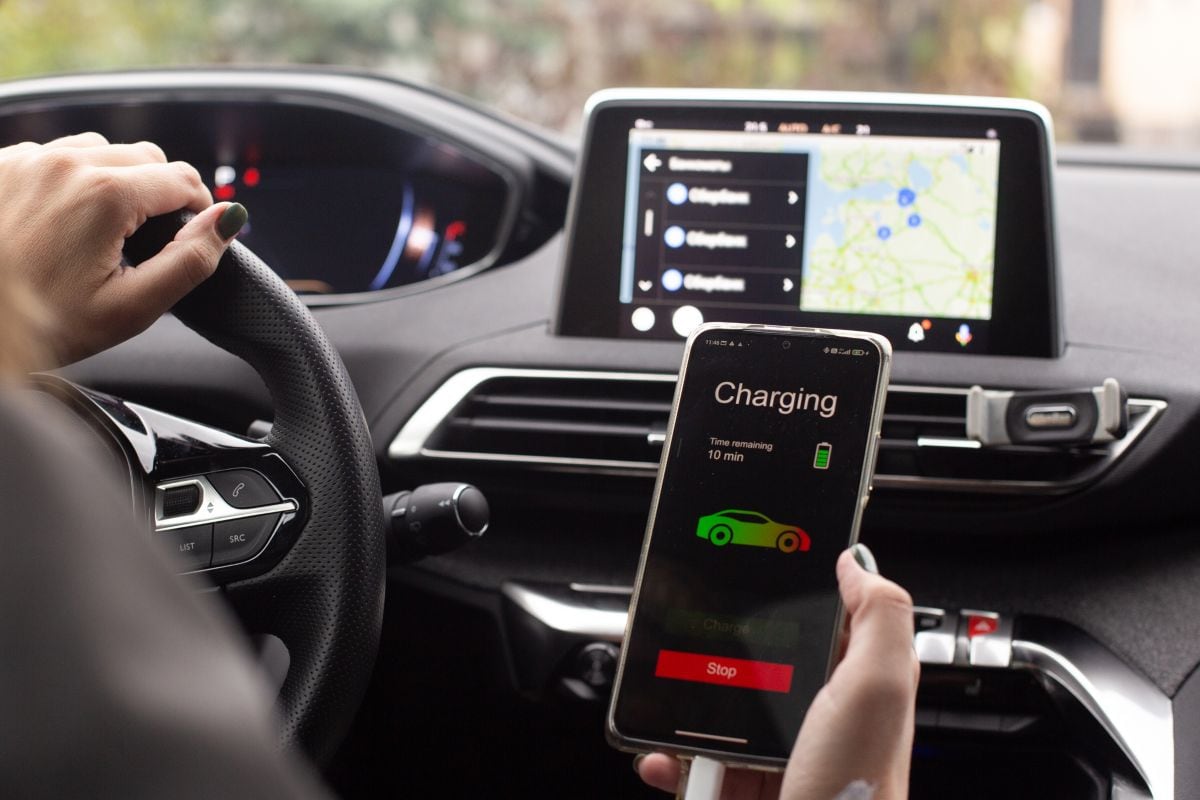
An Introduction to Electric Consumption in Massachusetts
Electric cars may cost a little more than conventional ones, but they should save you money over time. If you’re thinking about purchasing an electric vehicle, you may have questions about how to calculate its electricity consumption. Below, Route 9 Nissan has provided a quick introduction to electric car energy consumption for our Massachusetts customers. Feel free to reach out with additional energy concerns.
What Scientific Forces Affect Your EV’s Energy Consumption?
Your electric vehicle uses energy to move from one location to the next. Understanding your vehicle’s energy consumption can help you estimate how far you can travel with a fully charged battery. Energy is essential to accelerate your vehicle and to overcome aerodynamic drag (the force on a vehicle needed to overcome air friction when your vehicle travels). Your vehicle also uses energy to overcome friction losses and losses in its motor, battery, and inverter. When you decelerate with your brakes or recharge your vehicle’s battery, you’re recuperating energy.
Scientific equations can help you calculate how forces affect your EV’s energy consumption. You must account for friction due to rolling resistance, aerodynamic drag, and the force needed to accelerate your vehicle. The road’s gradient (how flat or sloped it is) and your vehicle’s wheel efficiency will also affect the amount of power needed to accelerate or decelerate.
What External Factors Affect Your Electric Consumption?
Your electric vehicle’s energy consumption will depend on the make and model, your driving habits, and local weather conditions. The size of your vehicle, how often you drive it, and where you drive it can all impact how much electricity it uses. Just as a larger SUV may guzzle more gas than a compact car, a larger electric vehicle is likely to use more electricity than a smaller one. Driving your car at full speed on the highway will also burn more energy than driving it on the local roads near your home or office.
There is also a direct correlation between the changing seasons and your EV’s energy consumption. Temperature fluctuations can decrease the battery’s charge. You may use more energy during colder months when the prospect of public transportation seems less alluring, and you’re forced to commute everywhere with your vehicle. However, for some, the opposite may be true. Some motorists may drive more during the warmer summer months when road trips are more popular.
How Is an Electric Vehicle’s Fuel Efficiency Measured?
Most electric vehicle manufacturers measure their fuel efficiency in kilowatt-hours (kWh) per 100 miles. To figure out the cost of electricity per mile for your EV, you must know how much electricity is needed to travel 100 miles and the cost of electricity per kilowatt-hour. For example, if electricity costs 10.7 cents per kilowatt-hour and your electric vehicle consumes 27 kilowatt-hours to travel 100 miles, the calculated cost per mile would be about $0.03. Charging your electric vehicle’s battery with the average 200-mile range would cost you about $6. Your electric vehicle’s manual should help you compare costs.
Take an Electric Vehicle for a Test-Drive at Route 9 Nissan
Curious about how an electric vehicle handles on the road? Stop by Route 9 Nissan’s showroom in Westborough, MA today to take one for a test drive. You may also contact us with any additional questions or concerns, including inquiries about our financing options. We look forward to serving you!